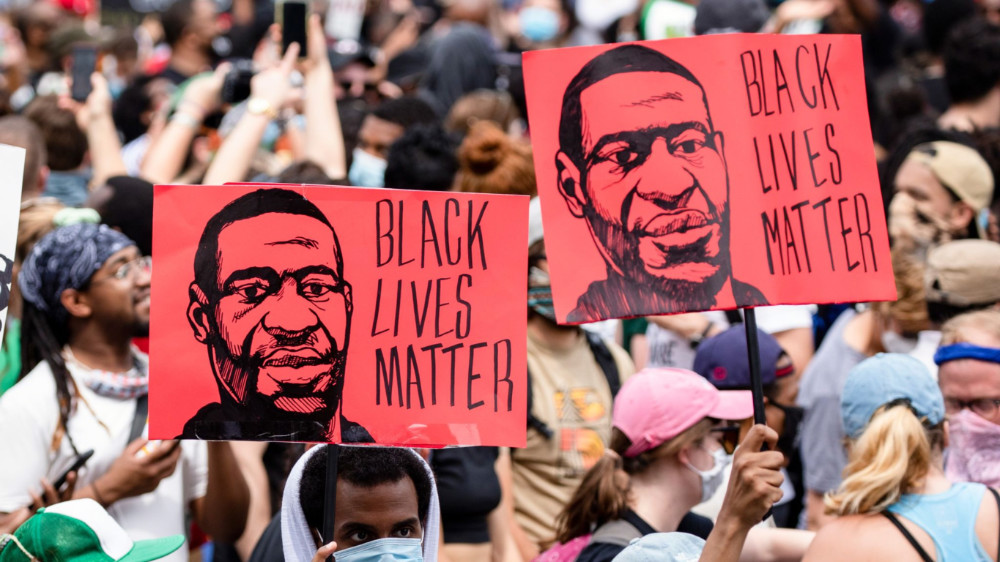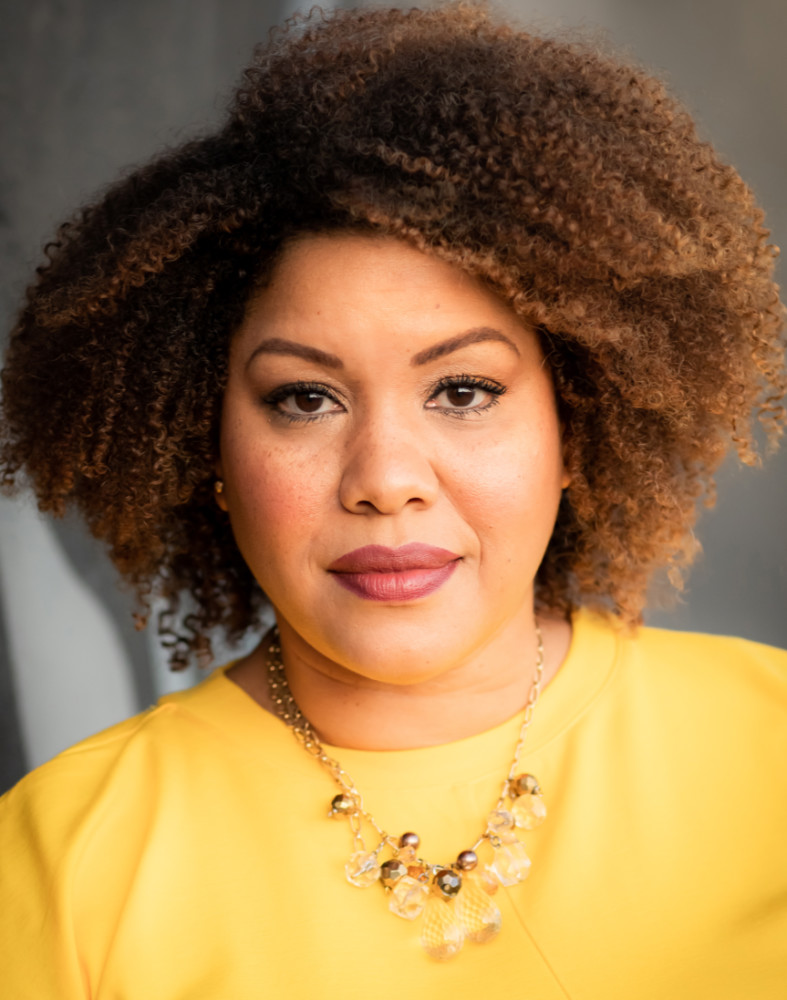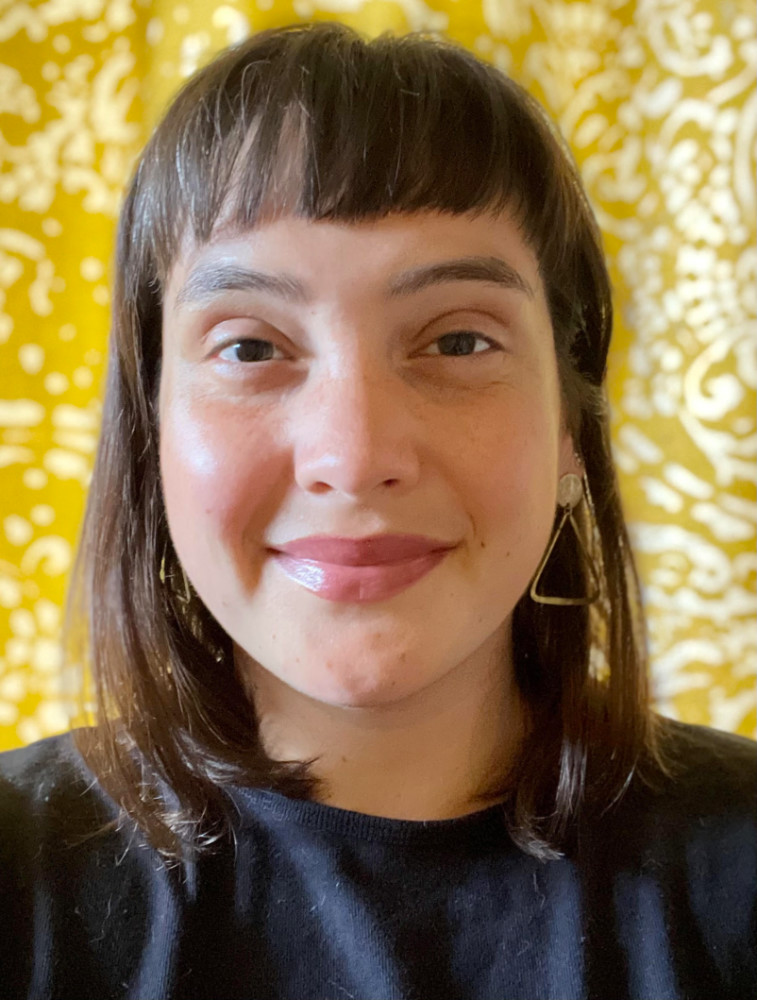
Déjà Black and Blue


For many Black Americans, generations of abuse were distilled into the 8 minutes and 46 seconds when a white police officer kneeled on George Floyd’s neck. Stephanie Leigh Batiste, a UC Santa Barbara associate professor of English and a Black woman, was all too familiar with the anger and sadness that flowed after Floyd’s killing.
“I think it was kind of an exhaustion with that current moment that made me think we’ve been here for a long time,” Batiste said.
For white people, it was something of a reality check, and hundreds of thousands poured into the streets in protest, many for the first time.
Batiste looked out on all this and felt an urgency to meet the moment, to give people — especially the new protesters — perspective on the long struggle of Black people. She reached out to Louis Chude-Sokei, editor-in-chief of The Black Scholar (TBS), the nation’s leading journal in Black studies, to discover the professor at Boston University wanted to do the same thing.
The result: the Social Justice Handbook Series, in partnership with TBS, the first journal of Black studies and research. The series consists of three bundles of essays and articles from the TBS archives that examine policing and the many ways it intersects with racism, militarism, violence and traditions of resistance throughout the nation’s history.
“The Black Scholar in many ways has dedicated itself to a broad array of scholarship around issues and experiences of Black life around the world,” said Batiste, who is a member of the journal’s board. So it made sense, she said, to turn to TBS for guidance when people, whom she called “mostly neophytes, folks for whom this particular moment was a new kind of realization,” would benefit from some socio-historical context.
She turned to a group of English department graduate students who, with Chude-Sokei’s co-curation, searched the journal’s 50-year archive that originated in 1968 near a tragic turning point in the Civil Rights movement. They retrieved an abundance of appropriate content, but there were only 10 that the journal could make available to the public for free. Working through the department’s Hemispheric South/s Research Initiative, the group ultimately chose pieces by a range of stellar writers and scholars, including Maya Angelou, Terry Jones, John Conyers, Jr. and others. The Black Scholar made each of the pieces open to the public through 2020, and a few are still available now in 2021.
“The individual articles are not in and of themselves necessarily easy or available in some uncomplicated way,” said Batiste, who wrote the introduction to the series. “Each piece really takes you someplace new. Each piece both gives access and offers a challenge to learning about race and U.S history. You don’t get what you might expect in any of the pieces.”
Sage Gerson, who along with fellow grad students Taylor Holmes and Nirvana Shahriar wrote the introduction to the first of three bundles of pieces, said the “Social Justice Handbook Series” allowed them to collaborate and create antiracist scholarship for scholars, activists and the public.
“I am so appreciative of the scholar-activist community Professor Batiste cultivated with the project,” she said. “She created a powerful opportunity for our department community to come together during a time of social distancing and isolation due to the pandemic in order to produce antiracist public-facing scholarship.
“I am honored to have been involved, and particularly, to have worked with Taylor and Nirvana on our contribution, ‘Part 1: Rehearse, Resist, Riot, Repeat: Policing Through Time,’” Gerson added. “Both Taylor and Nirvana were incoming first years to our department during the project, and it was an amazing experience to get to introduce them to our department community, and get to know them, through this project.”
Batiste praised the work of the graduate students and noted that Holmes, Shahriar and others had been accepted into the graduate program but hadn’t actually enrolled when they signed on to the project.
“The graduate students did a beautiful job of closely reading and carefully interacting with each piece,” she said, “developing ways to think through these often divergent pieces with themes that both directly spoke to, but also grew our conception of the current moment, and to speak together, collaborating to write 1,500 words; it’s not the easiest thing to do.
“The students were energetic and insightful,” Batiste continued. “Cultivating a capacious social justice perspective, students researched sources on racism, anti-racism, policing and activism, and included search terms like incarceration and prison, queer, love, peace, indigenous, international and women.”
The Black Lives Matters protests have dissipated, but the issues of race in America have not. “The Social Justice Handbook Series” won’t end racism, either, but Batiste hopes it will at least give people a new appreciation for the issues.
“I have in my whole career been aware of and mystified by how hard it is,” she said, “particularly for white people, to just acknowledge the violence of racism, that it exists, what it is capable of inflicting as normative practice in the lives of regular Black people on a day-to-day basis.
“We were trying to respond to the public response to the lynching of George Floyd,” Batiste continued. “And for me as a person who’s been doing this anti-racist work for what feels like my whole life, there was some frustration in the newness. I also learned that a lot of people were having this strange feeling of, ‘Welcome to a knowledge system that everyday people of color exist in all the time. And wanting with a restrained hope, you know that blues sensibility, for the intense energy and commitment to anti-racism grow with strategy and results, and not snap back to a violent complacency with entrenched inequality.”



